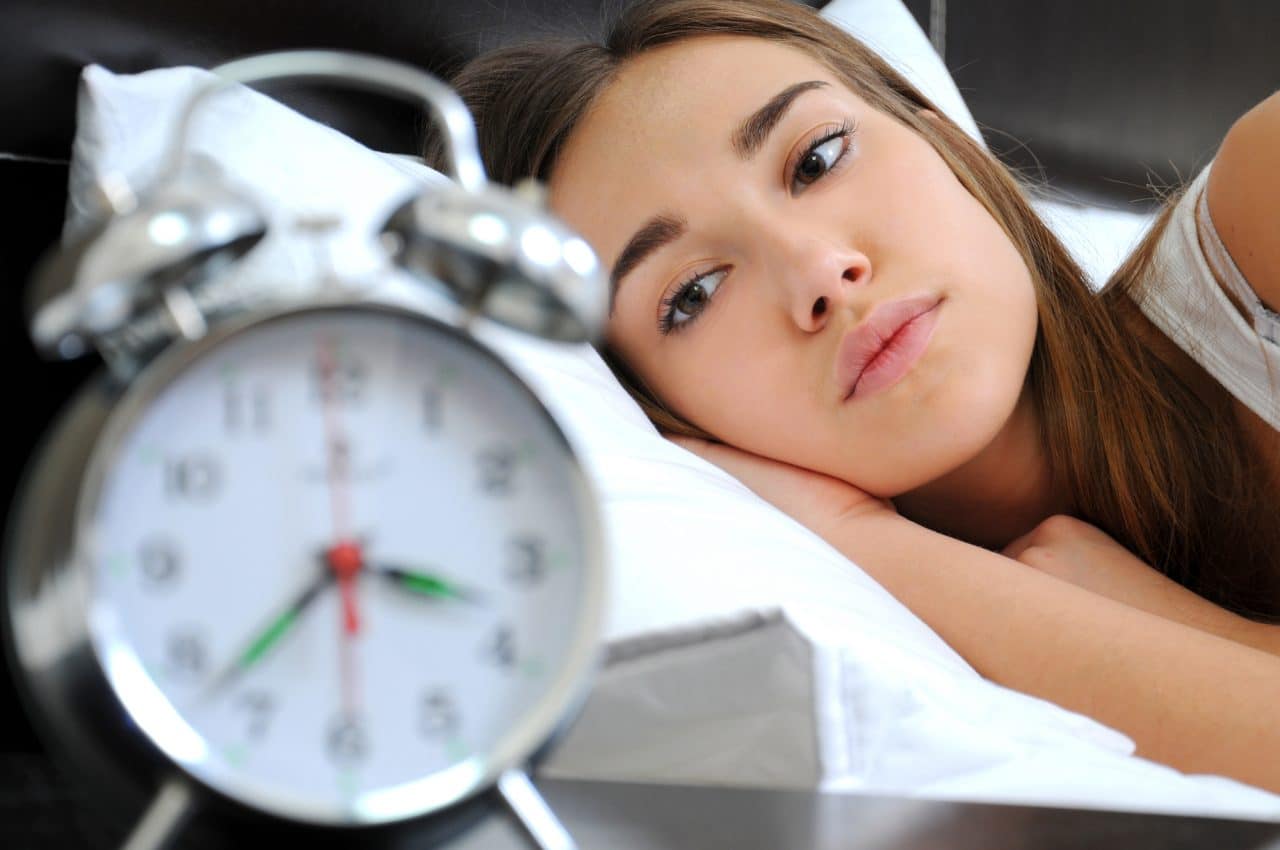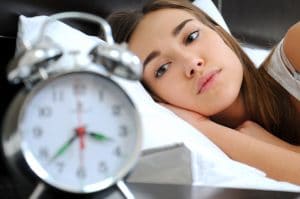
 Sleep is one of those wonderfully built-in processes that we all need to maintain health. Everyone on the planet needs regular quality deep sleep (usually between seven to eight hours) for optimal health. If you don’t get consistent deep and restful sleep, which can occur for a variety of reasons, there are serious health consequences. Among those is a predisposition to metabolic diseases such as heart disease and diabetes.
Sleep is one of those wonderfully built-in processes that we all need to maintain health. Everyone on the planet needs regular quality deep sleep (usually between seven to eight hours) for optimal health. If you don’t get consistent deep and restful sleep, which can occur for a variety of reasons, there are serious health consequences. Among those is a predisposition to metabolic diseases such as heart disease and diabetes.
Even with advances in science and technology, there’s still a lot of mystery about what actually happens during sleep. What we do know is that there are serious and even life-threatening ramifications of chronic sleep deprivation. We know this by observing what happens to folks who don’t get good sleep. Their immune systems don’t work properly, which increasers their risk for infections. They are at a higher risk for cancer. Psychiatric conditions prevail in the sleep-deprived, including depression and anxiety disorders.
The reality is that it’s hard to feel good when you’ve missed even a couple hours of sleep. You can imagine the health consequences of those who are chronically sleep deprived.
Causes of poor sleep
Sleep labs monitor brain waves and are able to quantify time spent during the different stages of sleep. Sleep apnea, which is when the airway intermittently collapses causing a cessation of breathing during sleep, limits the amount of time spent during deep sleep, causes frequent awakening due to elevation of stress hormones, and ends up increasing blood pressure and heart rate. As a consequence, sleep apnea is associated with an increased risk for heart attack and stroke.
Whether the origin is sleep apnea or another cause, sleep deprivation also accelerates declines in hormones such as testosterone and growth hormone. The decline in these two hormones is associated with loss of lean muscle mass and gains in omental adiposity, the dangerous fat around the organs that increases risk for heart disease.
Now I don’t go into to all this unless there is a potential happy ending. And there is—the problem of poor sleep CAN be solved.
Treating sleep apnea
If you are concerned you may have sleep apnea, it’s important to get a sleep study to qualify and quantify the depth of the problem. For most people with sleep apnea, either CPAP (a machine that increased positive pressure in the airway) or a custom dental apparatus called a mandibular advancement device can be created to help the airway stay open while sleeping. This can be a game changer for many people.
Further, taking the pressure off the heart and lungs that occurs with sleep apnea often leads to lower blood pressure and stress hormones and may end up preventing a serious health event from occurring.
If you are one of the majority of sleep apnea sufferers who are overweight, focus on losing those added pounds. Just losing 20 pounds can often resolve sleep apnea. However, first get tested and have the problem corrected either with CPAP or the mandibular advancement device. Trying to lose weight with sleep apnea is difficult due to its effects on hormone production (testosterone, growth hormone, and cortisol).
Reducing stress
Others that suffer from poor sleep may not have sleep apnea, but rather have poor sleep hygiene or high stress. Either can lead to changes in the production of melatonin (the sleep hormone) that may prevent going to sleep or may lead to superficial sleep or frequent awakenings.
If you have stress that interferes with sleep, there are some lifestyle changes that can reduce or eliminate the physiologic reaction (i.e. fight-or-flight response) to stress. Realize that when you are stressed from work, troubled relationships, or from whatever cause, these fight-or-flight hormones are on overdrive. One of those hormones, cortisol, reduces production of the sleep hormone melatonin. So either the individual can’t get to sleep often due to racing thoughts, or they cannot stay asleep due to superficial sleep.
First of all, before going to your doctor for a prescription medication that may end up making you drowsy the next day or lead to dependence, try meditation, prayer, or deep relaxation techniques that can really help reduce those fight-or-flight hormones and help with restful sleep. A simple Google search using key words “meditation apps” can provide several written reviews or top five lists for meditation apps. Try a few out and see which one is right for you. Don’t keep having those white-knuckle days where you feel stressed all day and then can’t sleep at night. The health consequences are real and can be prevented with the right intervention.
Improving sleep hygiene
Some people create their own sleep problem with poor sleep hygiene. Watching TV right up until bed, playing on your smart phone or tablet late at night, eating later in the evening, or drinking alcohol in the evening are all very bad habits that contribute or directly cause poor sleep.
Set rules for your electronics. Shut them off a couple hours before your desired sleep time. Dim the lights in the house to get your brain ready for sleep. Don’t eat or drink within two hours of bedtime. Set a specific time to get up in the morning and begin your day with exercise and bright lights. All these tips help reset your circadian rhythm, which is your body’s own internal clock.
Testing for deficiencies
Consider having a neurotransmitter assessment and a micronutrient assessment. These can reveal low GABA/serotonin levels or nutritional deficiencies respectively. The two neurotransmitters essentially provide a check for the flight-or-flight response. Unchecked stress hormones manifest as heightened perceived stress and more pronounced physiologic response to stress such as anxiety and sleep problems.
In summary, there are physical/structural, physiologic, environmental, and nutritional/biochemical contributors to poor sleep. Solving one or more of these problems can make a big difference in not only how well you sleep, but also how rested you feel. That can go a long way in preventing or reversing a number of common health problems.
Knowledge is power only if acted upon. Start your personal health revolution today!
